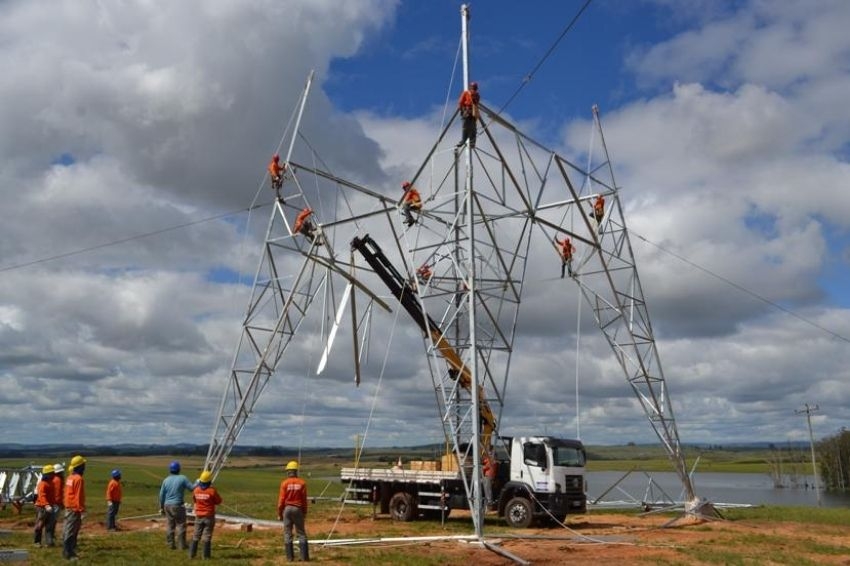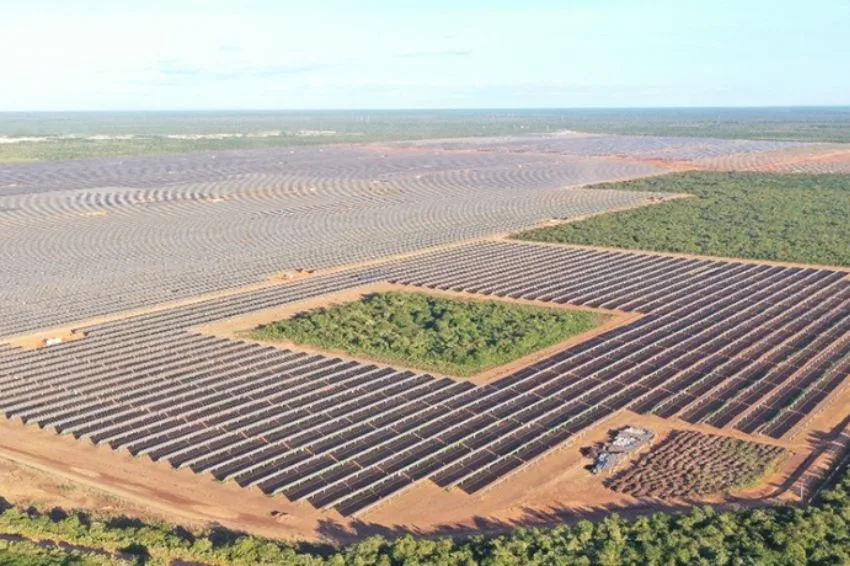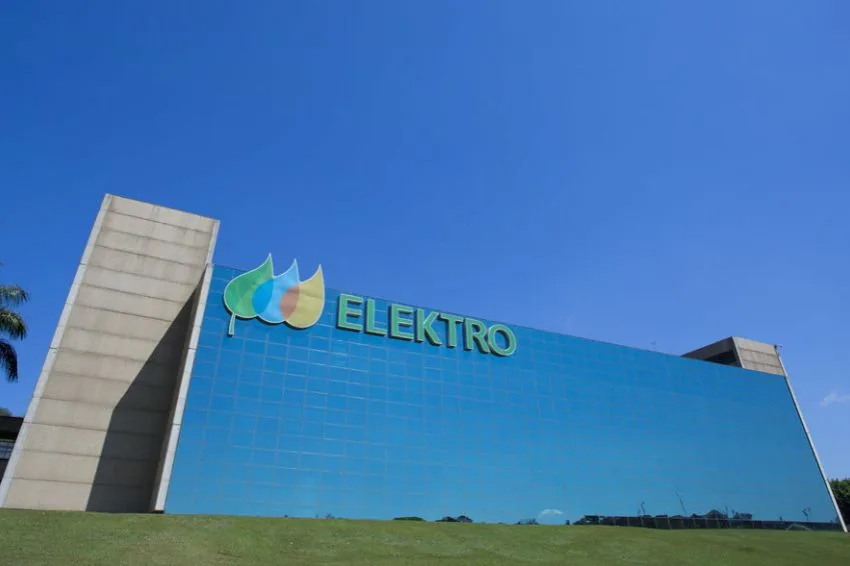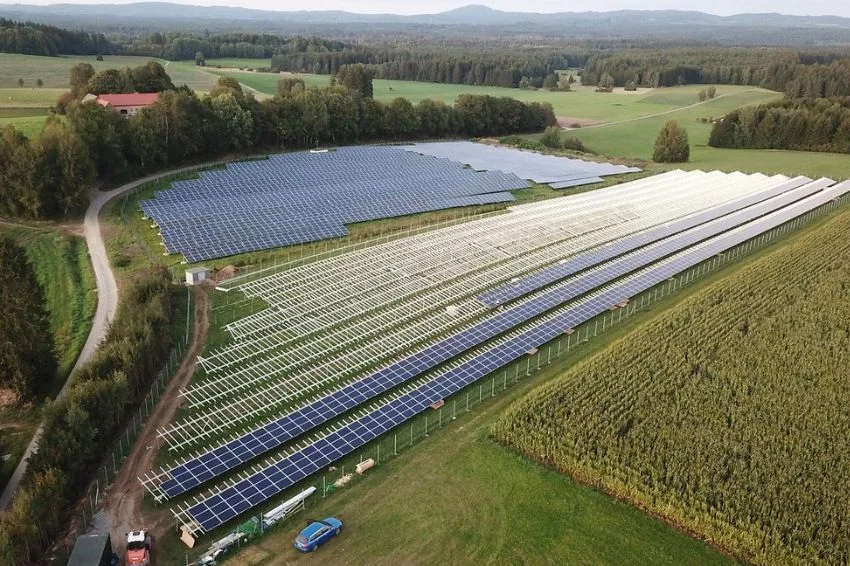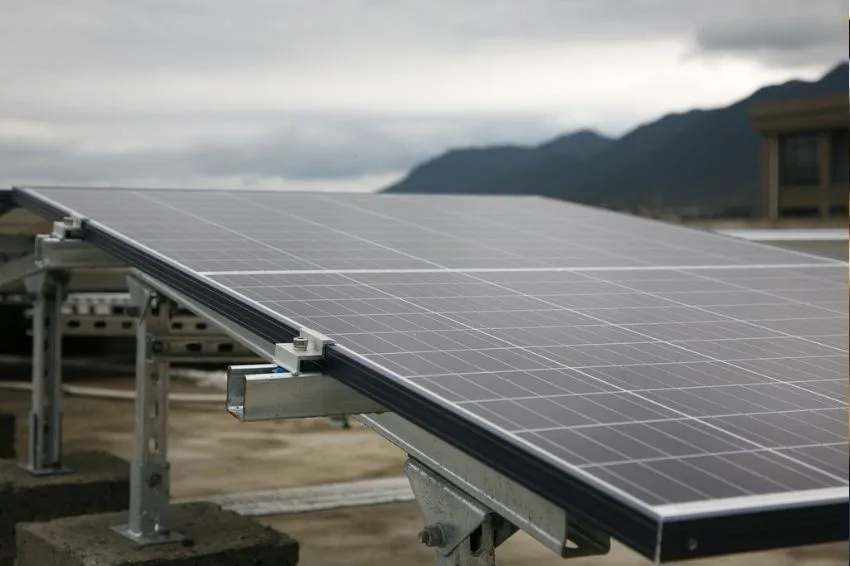Data from ANEEL (National Electric Energy Agency) shows that the number of transmission lines with a delayed schedule grew by 40% in the space of just four months. In March, 25 line works were delayed. In July, due to the Covid-19 pandemic, 35 networks under construction were already failing to meet their schedules.
The construction of power plants also felt the effects of the crisis. At the beginning of March, 323 construction projects for new generators were delayed. Data updated until August 14th shows that this situation already affects 344 projects.
One of the companies that ended up being affected by the pandemic was Furnas, from the Eletrobras Group. The state-owned company sent a letter to ANEEL last month to inform that the works it was carrying out at the 500 MW Santa Cruz thermal plant had been compromised.
According to Furnas, the delay was due to the delay in the delivery of a turbine from Germany, pipes from China, valves expected from India and even a transformer assembled in Brazil, but with inputs from abroad.
The same problem affected the completion of the 1,300 MW GNA 1 thermal plant, which has 95% of construction completed. The gas plant, which is part of the Açu Thermoelectric Complex, in the northern region of the state of Rio de Janeiro, was supposed to come into operation in January 2021, but the halt in field work has already led the company to estimate that the delivery time be extended by 150 days.
Resilient solar sector in the face of the pandemic
Even in the face of the Covid-19 pandemic, the solar sector has shown itself to be resilient in the face of the crisis. For Ronaldo Koloszuk, the segment has been standing out and has become an escape valve for those looking to re-enter the job market.
Camila Nascimento, commercial director of Win Energias Renováveis, also stated that the The photovoltaic market has been a progressive source of jobs and boosting the Brazilian economy.
According to Rogério Mattos, director of Ideatek, the economic crisis impacted all sectors, but the solar sector suffered much less, especially given the strength it was experiencing and the accelerated growth it has been experiencing.


